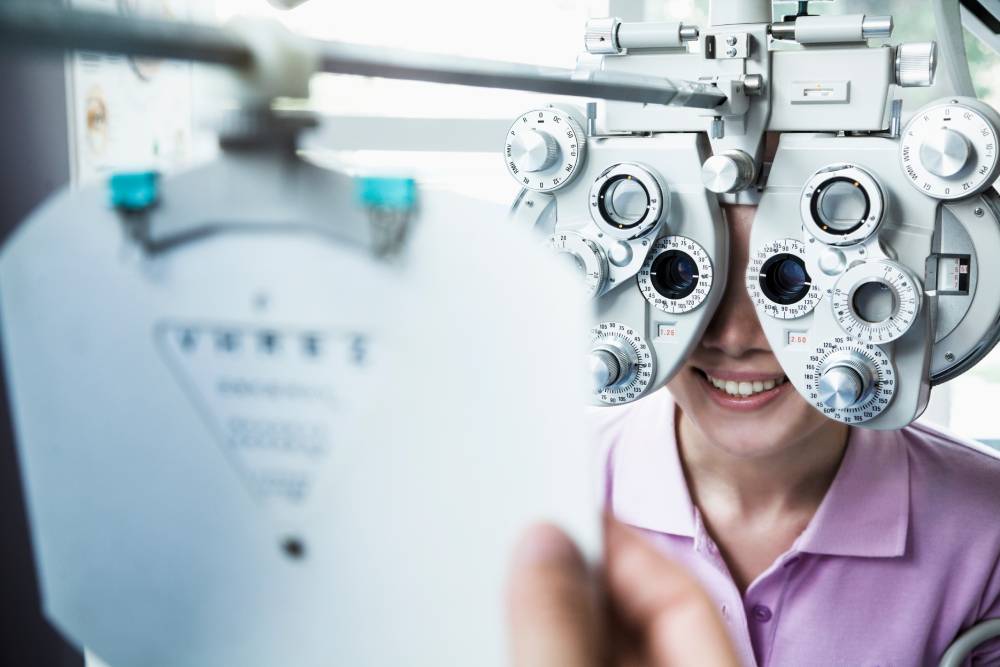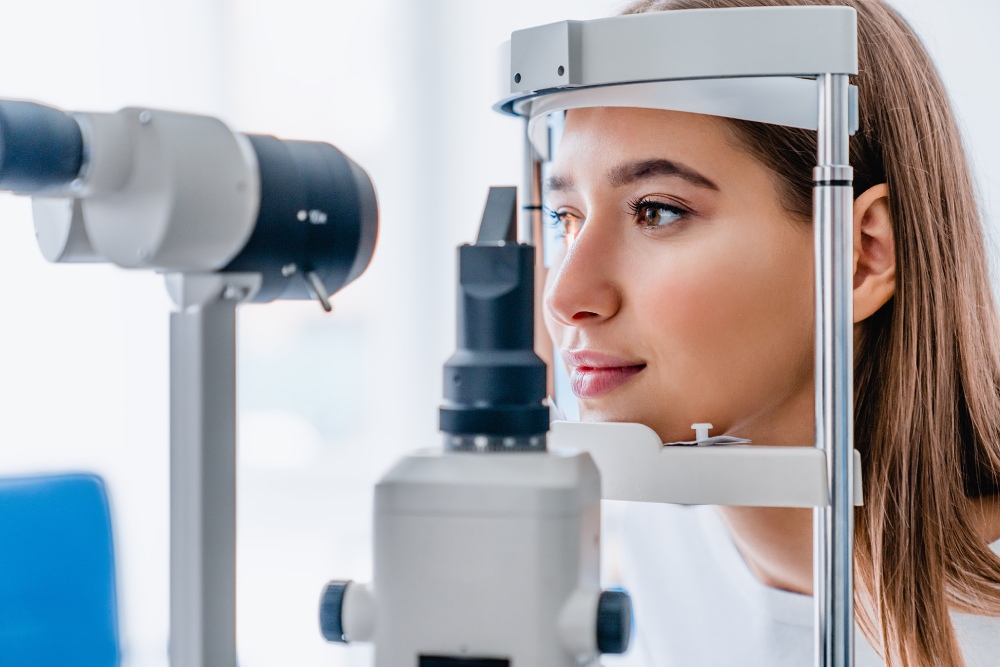Eye health is essential not only for clear vision but also for the overall well-being of the body. Optometrists play a crucial role in maintaining good eye health by providing comprehensive eye exams and detecting and managing eye diseases early on. In this blog, we discuss the importance of optometrists in eye disease management and why regular eye exams are crucial in maintaining optimal eye health.
Detection and diagnosis
Regular eye exams are crucial for the early detection and diagnosis of eye diseases. Optometrists are trained to perform comprehensive eye exams, including a variety of tests and evaluations that assess the overall health of the eyes. These examinations not only help in determining an individual’s visual acuity but also enable the identification of potential eye diseases.
Optometrists use specialized equipment and techniques to examine the structures of the eye, including the cornea, iris, lens, and retina. They can identify conditions such as glaucoma, cataracts, macular degeneration, diabetic retinopathy, and many others. By detecting these diseases in their early stages, optometrists can initiate timely treatment and significantly improve the chances of preserving vision.
Treatment and management
Once an eye disease or condition has been diagnosed, optometrists play a crucial role in providing treatment and managing the disease. They work closely with their patients to develop personalized treatment plans that address the specific needs of each individual. The management of eye diseases may involve a combination of various interventions, including medication, lifestyle modifications, and referrals to other healthcare specialists if necessary.
Optometrists often prescribe and monitor medications for eye conditions, such as eye drops to control glaucoma or antibiotics for eye infections. They educate patients about the proper use of medications and help manage potential side effects. Additionally, they offer valuable guidance on lifestyle changes that can positively impact eye health, such as proper nutrition, UV protection, and regular breaks from screens.
Collaboration with healthcare professionals
In complex cases or advanced stages of eye diseases, optometrists collaborate with ophthalmologists and other healthcare professionals to ensure comprehensive care. Ophthalmologists are medical doctors who specialize in eye surgery and the medical management of eye diseases. Optometrists often refer patients to ophthalmologists when surgical intervention or specialized medical treatments are required.
However, optometrists continue to play a crucial role in the ongoing management and follow-up care for patients with eye diseases. They work collaboratively with ophthalmologists to monitor the progress of treatment, provide post-operative care, and address any concerns or complications that may arise.
Educating patients on eye care
Optometrists are not only healthcare professionals, but they are also educators. They help patients understand the importance of eye care and how to maintain healthy eyes. They educate patients on factors that could lead to eye disease, such as environmental factors and unhealthy habits. They also provide tips on how to protect your eyes, such as wearing protective eyewear, taking frequent breaks when using electronic devices, and eating a balanced diet.
Optometrists play a crucial role in maintaining optimal eye health and preventing eye diseases. Regular eye exams by optometrists can help detect early signs of eye diseases and provide prompt treatment, prevent the progression of chronic eye diseases, and educate patients on eye care and prevention measures. If you haven’t had an eye exam in a while, contact us today to schedule an appointment at our office in Lawrenceville!





